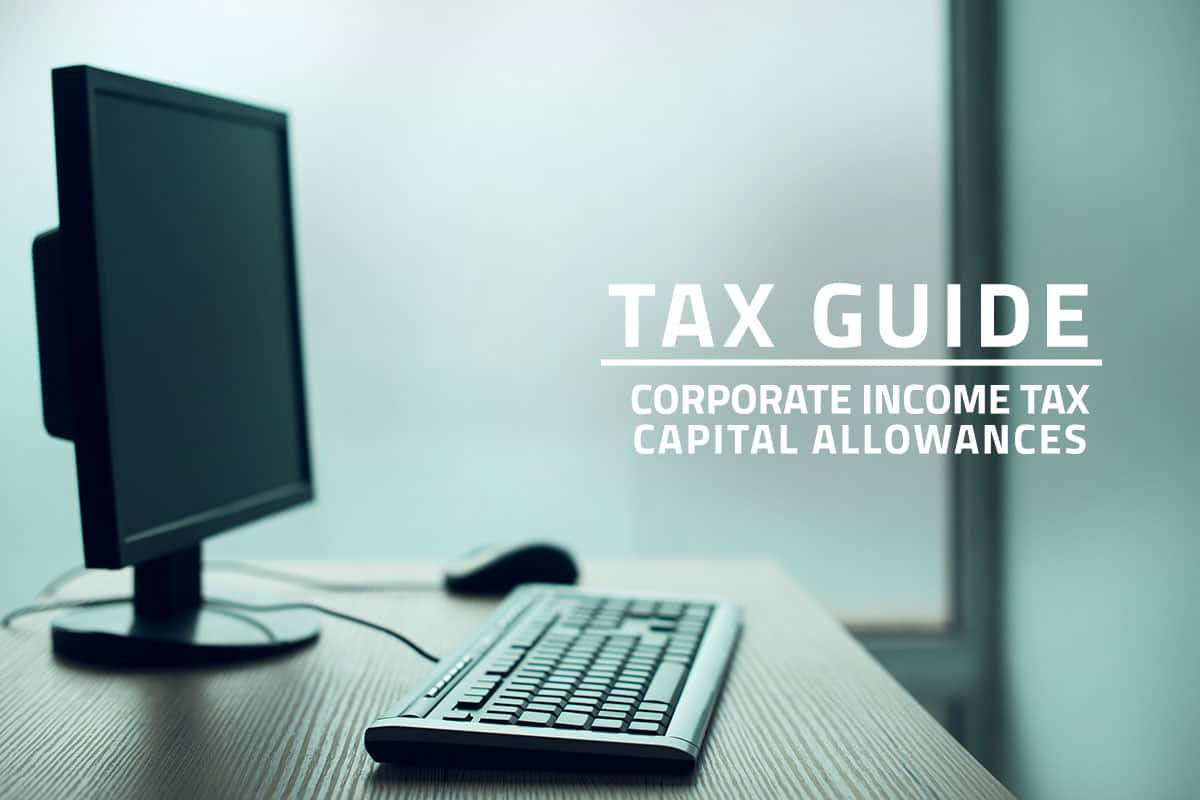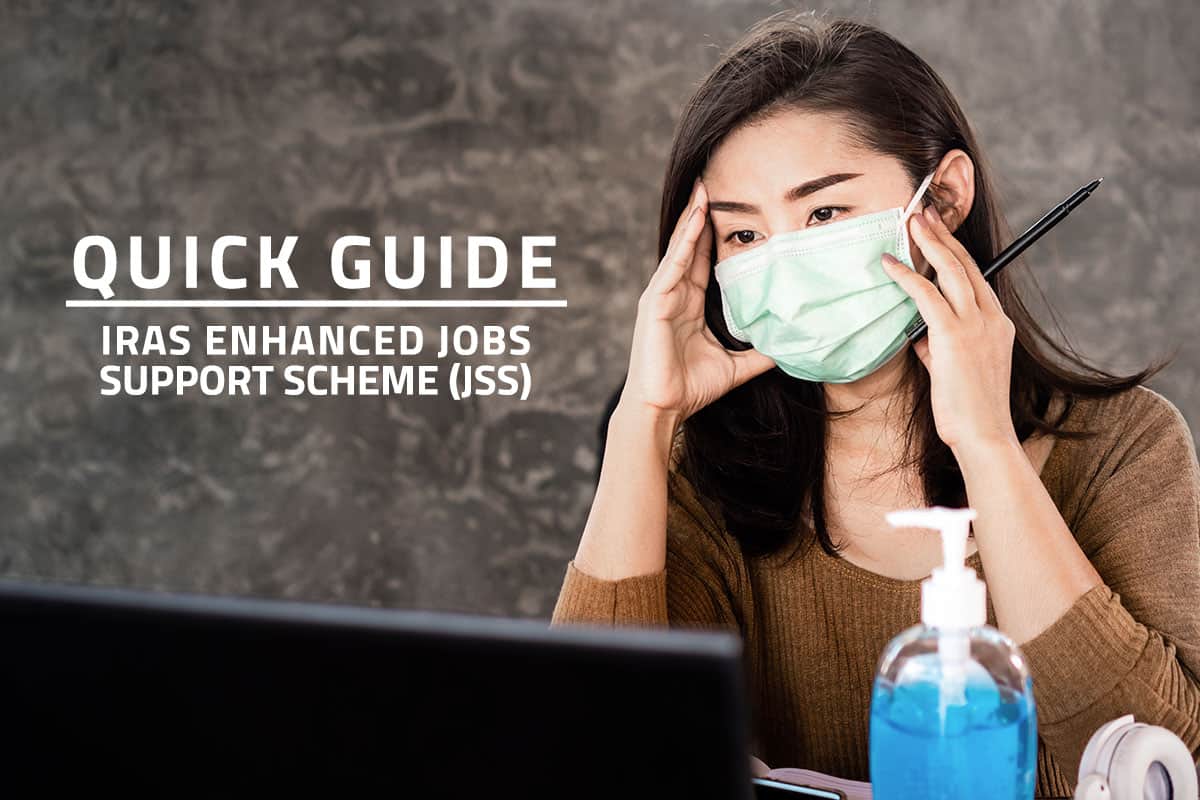Companies are required to file annual income tax returns to the Inland Revenue Authority of Singapore (IRAS) and pay income tax at the prevailing Singapore corporate tax rate charged on chargeable income. The final IRAS tax rate will then be levied on the chargeable income which will work out the final tax amount payable to the tax authorities. The tax filing procedure can be done online via the IRAS myTax portal using the relevant IRAS login or CorpPass credentials for companies.
Checklist for document package for IRAS Income Tax Filing
The typical annual IRAS tax filing package for companies in Singapore includes the following:
a. Form C/Form C-S detailing revenue sources, expenses claimed, final income tax payable and specified balance sheet item disclosure
b. Income Tax computation worksheet, which is a statement detailing tax adjustments to accounting profit or loss statement to derive chargeable income
c. Audited/Unaudited financial statements for the company for the relevant YA.
For companies submitting Form C, the documents listed in b and c above must also be submitted to IRAS. Companies submitting Form C-S do not need to submit the other listed documents however, they are required to maintain final copies for IRAS inspection upon request.
Income Tax Computation – Basic overview
The income tax computation is an important worksheet that will serve as a supporting document for the final tax payable to IRAS. A basic tax computation on tax adjustments will usually be presented in the following format:
| Description | SGD |
|---|---|
| Net profit before tax | 100,000 |
| Less: Non-taxable income | (5,000) |
| Add: Non-deductible expenses | 15,000 |
| Less: Enhanced/Further Deductions | (5,000) |
| Less: Capital allowances | (5,000) |
| Less: Donations | (5,000) |
| Chargeable Income | 95,000 |
Net profit before tax is derived from the accounting records maintained by companies. Tax adjustments are made to the Net profit before tax amount as per the categories listed above.
The typical taxable income for a business is dependent on the company’s defined business scope. These income sources are subject to Singapore tax if they are derived in Singapore. Foreign income sources from overseas are taxable in cases when proceeds are repatriated back into Singapore, used to settle Singapore debts and for the purchase of moveable property brought into Singapore. There are certain income sources that are not taxable as specified by the tax ruling, such as capital gains and foreign-sourced dividends received by a resident company.
Businesses incur different types of expenses such as employee costs, financing costs and administration fees. In general, allowable business expenses that can be used to reduce chargeable income must be incurred and related to the ordinary course of business income generation. Certain expenses such as fines, penalties, private travelling and car expenses are disallowed business expenses and should not be used to offset taxable income. These are classified as non-deductible expenses accordingly.
Companies can use the IRAS Basic Corporate Tax Calculator to compute the amount of taxes they have to pay. The computation workings can be presented in the tax computations worksheet as well.
IRAS Income Tax Filing – Key deadlines
Companies performing tax filing electronically for YA2019 must submit Form C or C-S by 15 December 2019. For YA2020, a company is required to file an estimated chargeable income (ECI) within 3 months from its financial year-end and pay the required estimated tax amount. A company that has its financial year-end on 31 December 2019 will have to submit ECI by 31 March 2020 and submit its tax returns by 30 November 2020.
Consulting a qualified tax professional may be a good option to ease your tax filing procedures, especially tax computations which may require detailed knowledge on the IRAS Income Tax Act.
Related Posts
Tax Guide: Singapore Capital Allowances
By law, all Singapore Companies are required to file annual income tax returns to the…
Quick Guide: IAS 20 – Accounting for Government Grants
This year, the COVID-19 crisis has adversely impacted the global economy. Singapore is no exemption,…
Singapore Guide: ISCA FRB 6 – Accounting for Jobs Support Scheme
This year, the COVID-19 pandemic has inevitably adversely impacted the global economy. Singapore companies and…
Quick Guide: Singapore’s Enhanced Jobs Support Scheme (JSS)
The Singaporean government launched the Jobs Support Scheme (JSS) in late April as part of…












